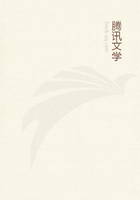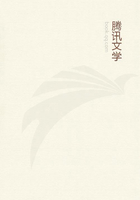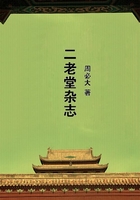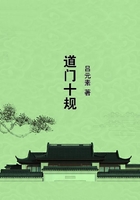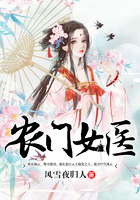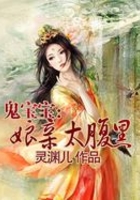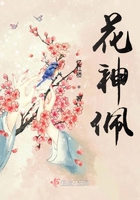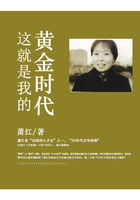Equitis quoque jam migravit ab aure voluptas Omnis ad incertos oculos, et gaudia vana.
HOR., Ep. ii. 1, 187.
But now our nobles too are fops and vain, Neglect the sense, but love the painted scene.
CREECH.
It is my design in this paper to deliver down to posterity a faithful account of the Italian opera, and of the gradual progress which it has made upon the English stage; for there is no question but our great-grandchildren will be very curious to know the reason why their forefathers used to sit together like an audience of foreigners in their own country, and to hear whole plays acted before them in a tongue which they did not understand.
Arsinoe was the first opera that gave us a taste of Italian music.
The great success this opera met with produced some attempts of forming pieces upon Italian plans, which should give a more natural and reasonable entertainment than what can be met with in the elaborate trifles of that nation. This alarmed the poetasters and fiddlers of the town, who were used to deal in a more ordinary kind of ware; and therefore laid down an established rule, which is received as such to this day, "That nothing is capable of being well set to music that is not nonsense."This maxim was no sooner received, but we immediately fell to translating the Italian operas; and as there was no great danger of hurting the sense of those extraordinary pieces, our authors would often make words of their own which were entirely foreign to the meaning of the passages they pretended to translate; their chief care being to make the numbers of the English verse answer to those of the Italian, that both of them might go to the same tune. Thus the famous swig in Camilla:
"Barbara sit' intendo," &c.
"Barbarous woman, yes, I know your meaning," which expresses the resentments of an angry lover, was translated into that English lamentation, "Frail are a lover's hopes," &c.
And it was pleasant enough to see the most refined persons of the British nation dying away and languishing to notes that were filled with a spirit of rage and indignation. It happened also very frequently, where the sense was rightly translated, the necessary transposition of words, which were drawn out of the phrase of one tongue into that of another, made the music appear very absurd in one tongue that was very natural in the other. I remember an Italian verse that ran thus, word for word:
"And turned my rage into pity;" which the English for rhyme's sake translated:
"And into pity turned my rage."
By this means the soft notes that were adapted to pity in the Italian fell upon the word rage in the English; and the angry sounds that were turned to rage in the original, were made to express pity in the translation. It oftentimes happened, likewise, that the finest notes in the air fell upon the most insignificant words in the sentence. I have known the word "and" pursued through the whole gamut; have been entertained with many a melodious "the;" and have heard the most beautiful graces, quavers, and divisions bestowed upon "then," "for," and "from," to the eternal honour of our English particles.
The next step to our refinement was the introducing of Italian actors into our opera; who sang their parts in their own language, at the same time that our countrymen performed theirs in our native tongue. The king or hero of the play generally spoke in Italian, and his slaves answered him in English. The lover frequently made his court, and gained the heart of his princess, in a language which she did not understand. One would have thought it very difficult to have carried on dialogues after this manner without an interpreter between the persons that conversed together; but this was the state of the English stage for about three years.
At length the audience grew tired of understanding half the opera;and therefore, to ease themselves entirely of the fatigue of thinking, have so ordered it at present, that the whole opera is performed in an unknown tongue. We no longer understand the language of our own stage; insomuch that I have often been afraid, when I have seen our Italian performers chattering in the vehemence of action, that they have been calling us names, and abusing us among themselves; but I hope, since we put such an entire confidence in them, they will not talk against us before our faces, though they may do it with the same safety as if it were behind our backs. In the meantime, I cannot forbear thinking how naturally an historian who writes two or three hundred years hence, and does not know the taste of his wise forefathers, will make the following reflection:
"In the beginning of the eighteenth century, the Italian tongue was so well understood in England, that operas were acted on the public stage in that language."One scarce knows how to be serious in the confutation of an absurdity that shows itself at the first sight. It does not want any great measure of sense to see the ridicule of this monstrous practice; but what makes it the more astonishing, it is not the taste of the rabble, but of persons of the greatest politeness, which has established it.
If the Italians have a genius for music above the English, the English have a genius for other performances of a much higher nature, and capable of giving the mind a much nobler entertainment.
Would one think it was possible, at a time when an author lived that was able to write the Phaedra and Hippolitus, for a people to be so stupidly fond of the Italian opera, as scarce to give a third day's hearing to that admirable tragedy? Music is certainly a very agreeable entertainment: but if it would take the entire possession of our ears; if it would make us incapable of hearing sense; if it would exclude arts that have a much greater tendency to the refinement of human nature; I must confess I would allow it no better quarter than Plato has done, who banishes it out of his commonwealth.

